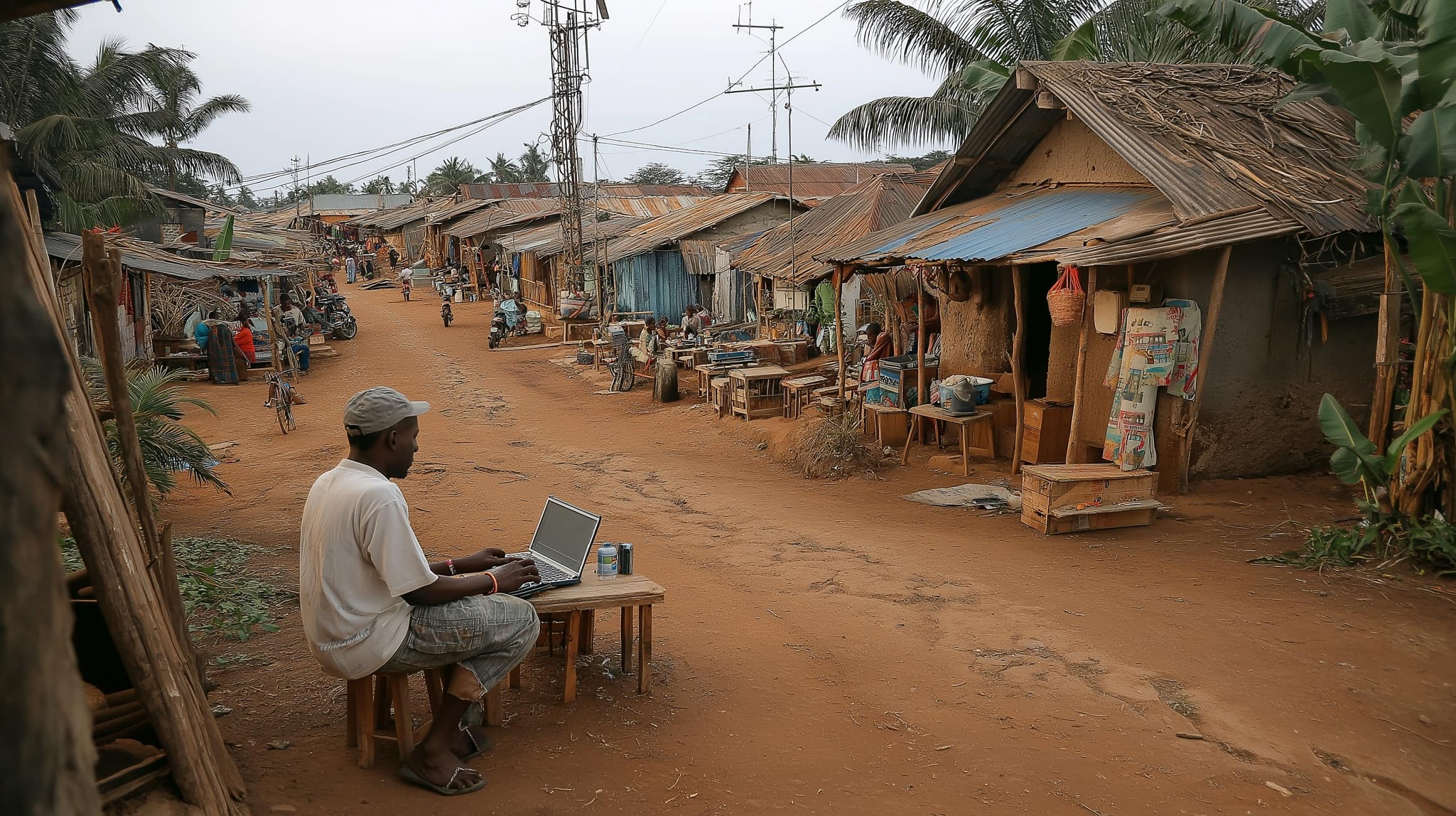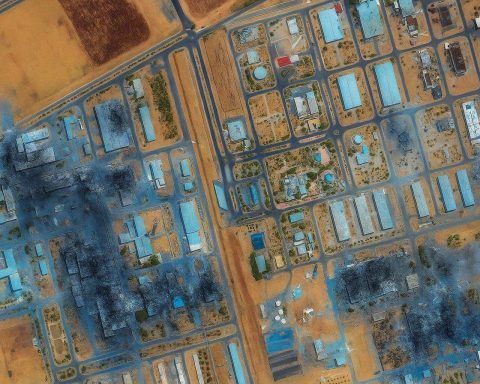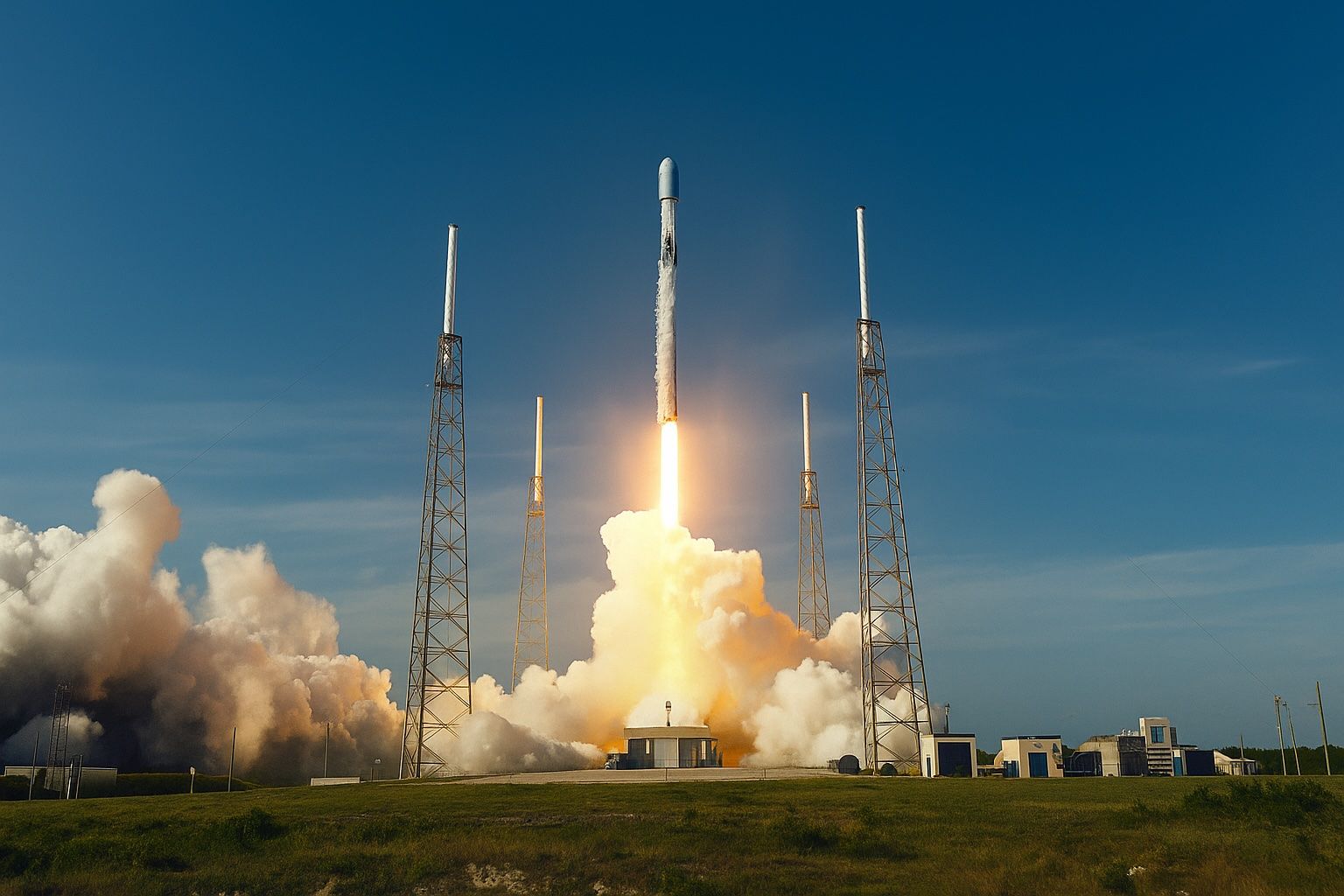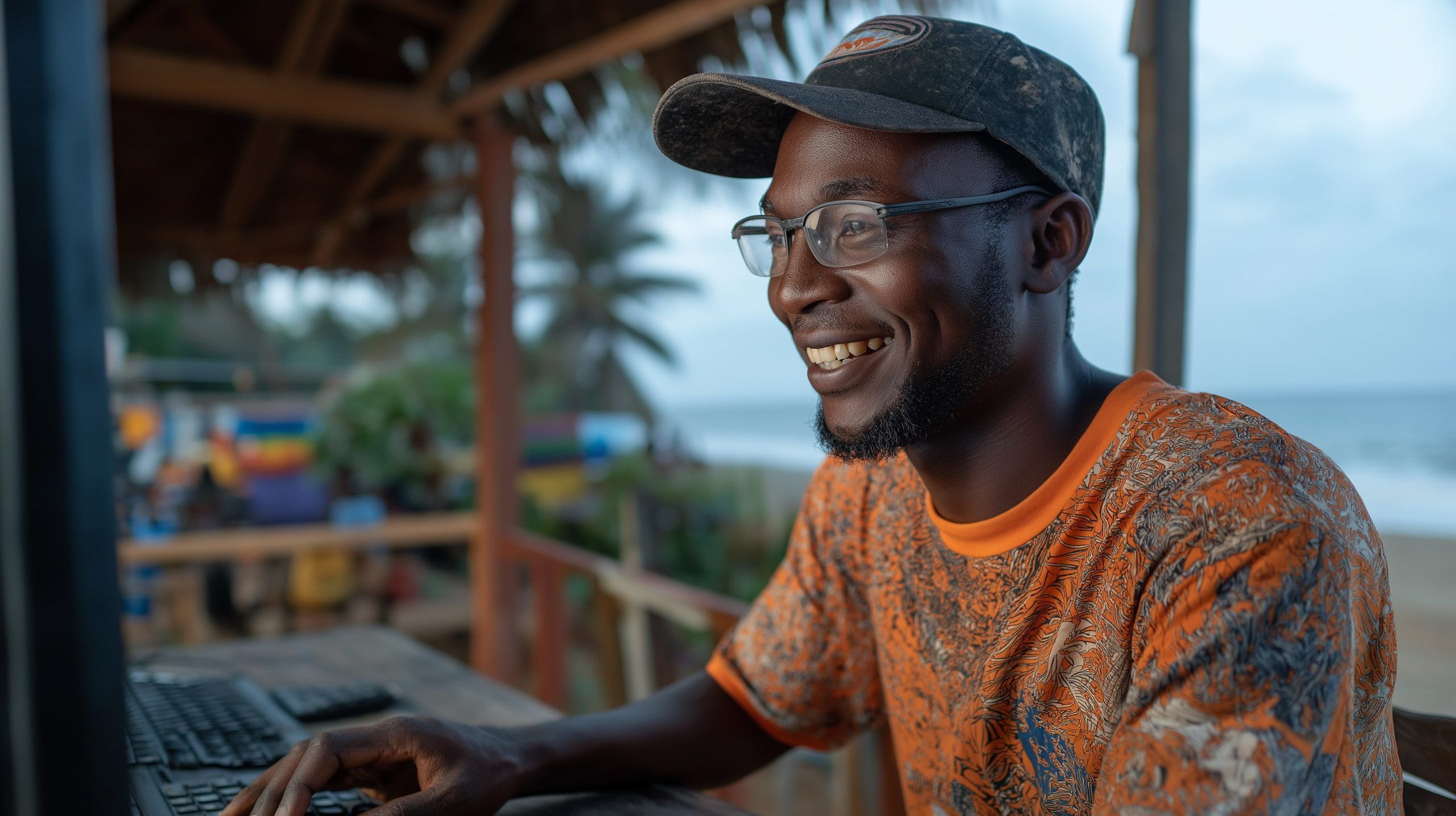
Internet Access in Gabon 2025: Fiber, Mobile Networks, and the Satellite Revolution
Gabon’s internet usage reaches about 72% of the population in January 2025, with roughly 1.84 million internet users out of a ~2.57 million population. Over 91% of Gabon’s population is urban, yet about 1,253 villages lacked any mobile coverage as of early 2024, with 200 additional villages planned for Phase 2 in 2024. Moov Africa Gabon Telecom and Airtel Gabon dominate the mobile market in 2025, each with roughly half the subscribers, offering 2G/3G/4G nationwide and no commercial 5G yet. CanalBox FTTH from Group Vivendi Africa (GVA) launched in 2017, with Libreville fiber passing over 130,000 homes and businesses and







